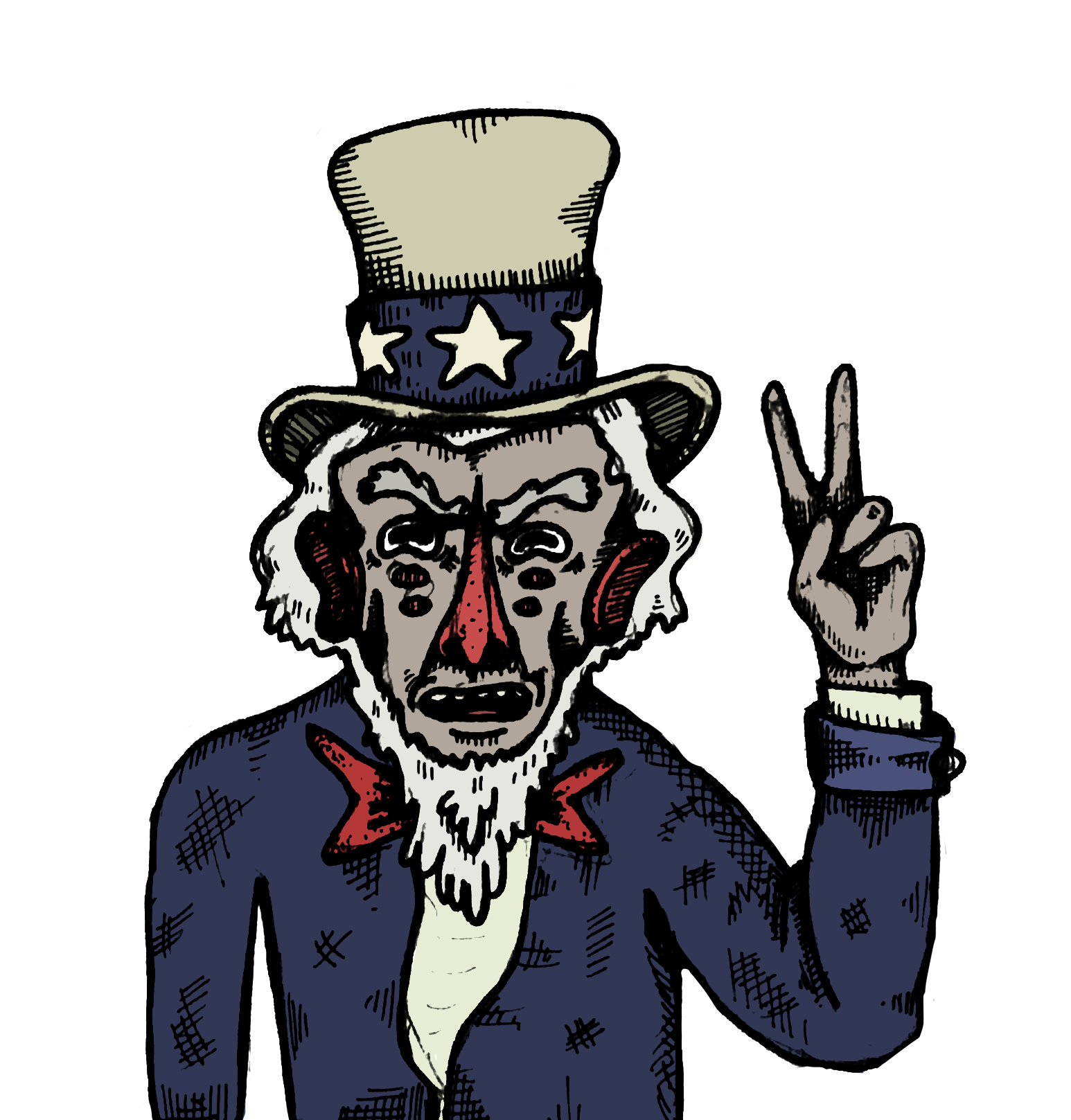
VICTOR SCHMITT-BUSH
Assistant News Editor
On Nov. 11, 1918, the “War to end all wars,” the long and bloody World War I, had finally come to a close. Germany formally surrendered, signing the Treaty of Versailles alongside the Allied Nations.
In recognition of its 100 year anniversary, Fredonia will host “World War I Centennial: Ending War, Talking Peace.”
There will be two consecutive events: a public reading session on Wednesday and a panel discussion on Thursday.
The first event will also feature an exhibit displaying World War I era literature, according to the Campus Report. The exhibit will host a collection of works by Austrian novelist, playwright, journalist and biographer Stefan Zweig.
On the following day, a group of well-established speakers will lead the conversation. At the forefront of the discussion will be philosophical and ethical notions: the efficacy of the Treaty of Versailles, as well as a number of other things that led up to the end of the war.
The objective of these events is “[not just to] remember the war itself, but to remember how it ended, and how any war ends and America’s involvement in WWI,” according to the event organizer and English professor Iclal Vanwesenbeeck.
“Post-1945, I think [my students] have a better understanding of the chronology of wars,” she said. “But when we go further back and talk about World War I, I have to say, some of my students are surprised to even learn that America was involved.”
According to Vanwesenbeeck, anyone with an interest in World War I or an interest in how peace was made is welcome to join in on the discussion. She expressed the significance of the calming nature of the event, how the location and structure of the event is reflective of peace and inclusivity.
“I like holding events in the library,” she said. “I don’t do it very often, but I think libraries are great places for these kinds of public and civil conversations, and I didn’t want any barriers between the panelists and the community at this event. We will have therapy dogs coming in as well, along with peaceful music playing in the background right before the panel.”
“I think, in order for us to talk about war and peace, setting the mood and making the dialogue itself seem peaceful is important.”
Leading the panel discussion will be Christopher Capozzola, author of “Uncle Sam Wants You: World War I and the Making of the Modern American Citizen,” along with two U.S. veterans: Brian Castner, who is the author of the book “The Long Walk: A Story of War and the Life that Follows,” and Ian Fishback, who was named by Time Magazine as one of the 100 most influential people in the world.
According to Fishback, his role in leading his part of the discussion will be to discuss whether or not World War I was justified.
“The question is whether or not it was good for democracy,” he said. “And whether or not pragmatism as a philosophical approach would be an appropriate way to think about the ethics of the United States’ involvement in World War I.”
“When people talk about peace, they often define peace as the absence of violence,” said Fishback. “In that respect, authoritarian peace is still peace. But a better way to think about it is that the goal is to end war with a just peace, and that usually involves some kind of respect for human rights, liberal democracy.”
The next speaker, Capozzola, will be focusing on connecting the past to the present. He will encourage the general public to reflect on how World War I ended and how it overlaps with American history.
According to Campus Report Today, the final speaker, Castner, will be contributing by “elaborating on the forever war concept from the perspective of domestic and global politics.”
“This is not an academic or scholarly conference,” said Vanwesenbeeck. “This is a public event where you can walk in and learn something new, or even contribute to the dialogue in the room. My goal is for people to leave the room having asked a few good questions, for everyone involved to contribute in their own way to the dialogue of war and peace.”
